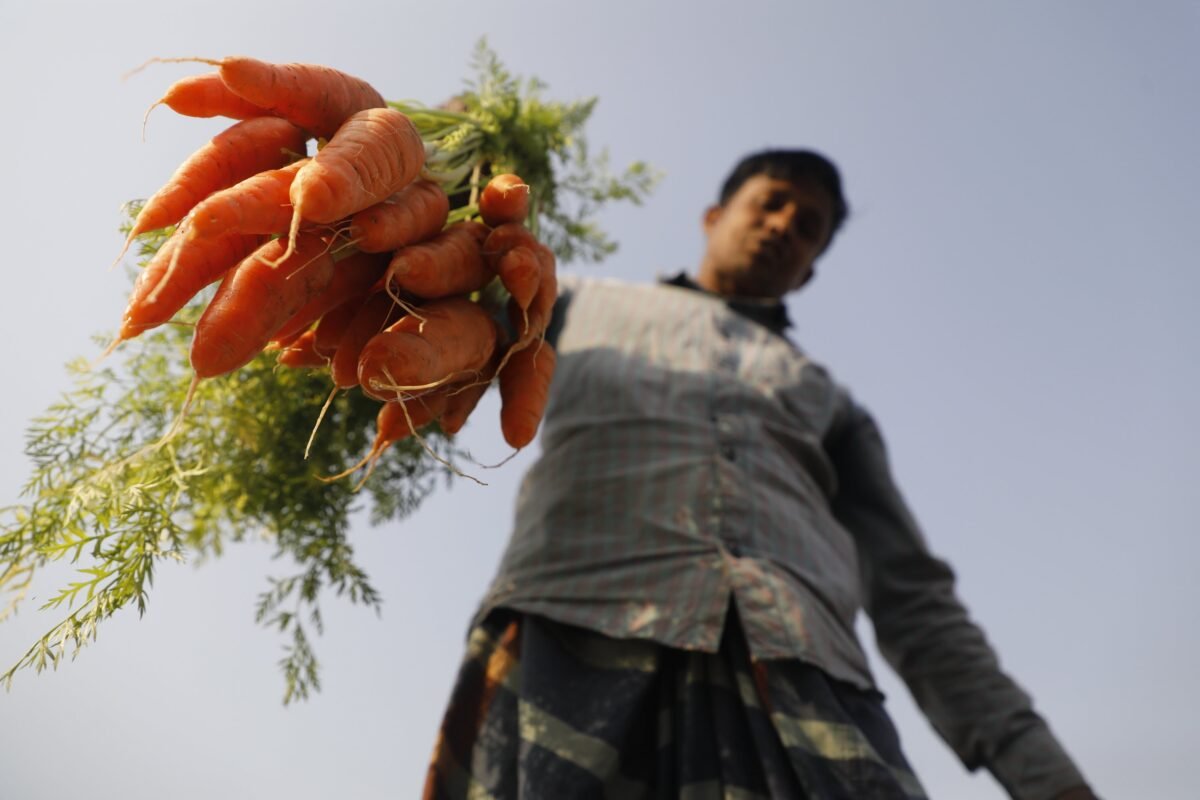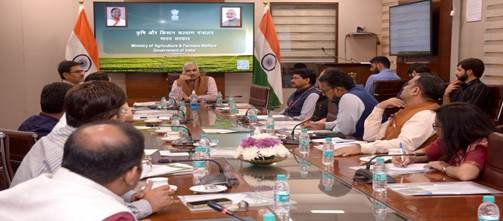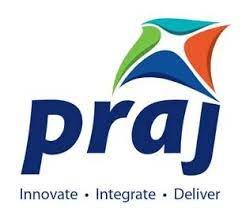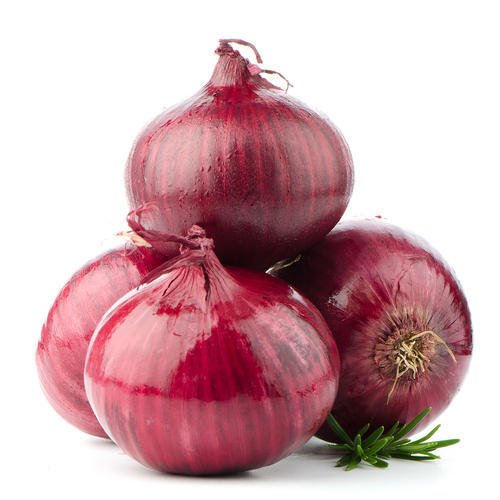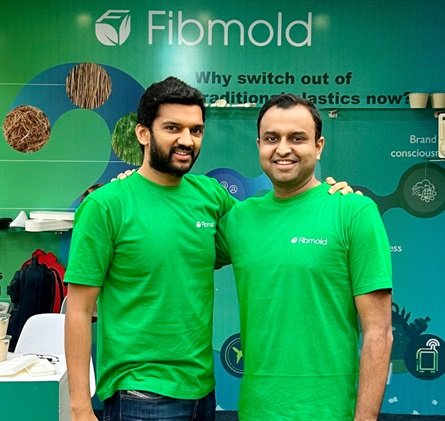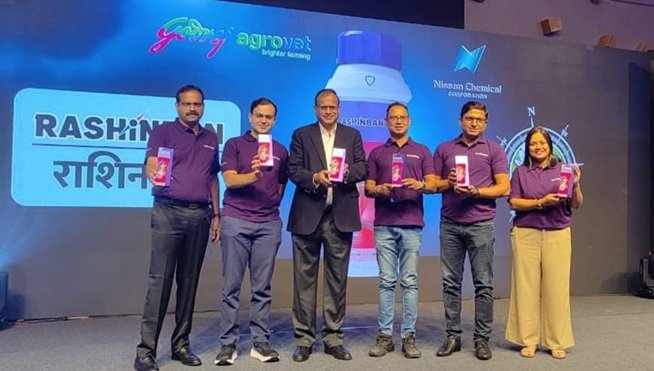Cargill expands soybean processing plant in Sidney
The completed expansion will give local farmers greater market access and a better user experience including faster and more efficient unloading times
Cargill has completed an expansion and modernisation project at its integrated soybean crush and refined oils facility in Sidney, Ohio. The upgraded facility, which came online in September, will help Cargill better serve farmers and meet the growing demand for soy products across food, feed and renewable fuel markets.
The project nearly doubles the previous crush capacity at the facility, providing greater market opportunities for area farmers and feed customers by creating demand for soybeans and offering greater access to soybean meal and hulls. Additionally, customers will have an improved on-site experience, as they will be able to more quickly and efficiently receive soybeans and load out products.
“We’re proud to make this investment at our Sidney facility. We’ve been in business for 45 years here, and we appreciate the long-standing relationships with local farmers, food and feed customers, and the local community,” said Justin Rismiller, U.S. Crush Soy Commercial Leader for Cargill. “This has been a complex project, as we continued to run the existing plant during construction. Thanks to our dedicated team, we can provide a state-of-the-art facility to better serve our customers and the community for generations to come.”
The Cargill crush facility originally opened in 1978, with the refinery added a decade later. Today it serves as a vital link between soybean farmers in the region and customers both nearby and around the globe. The upgraded facility is among several of Cargill’s efforts to modernise and increase capacity across its North American oilseeds network.
The completed expansion will give local farmers



